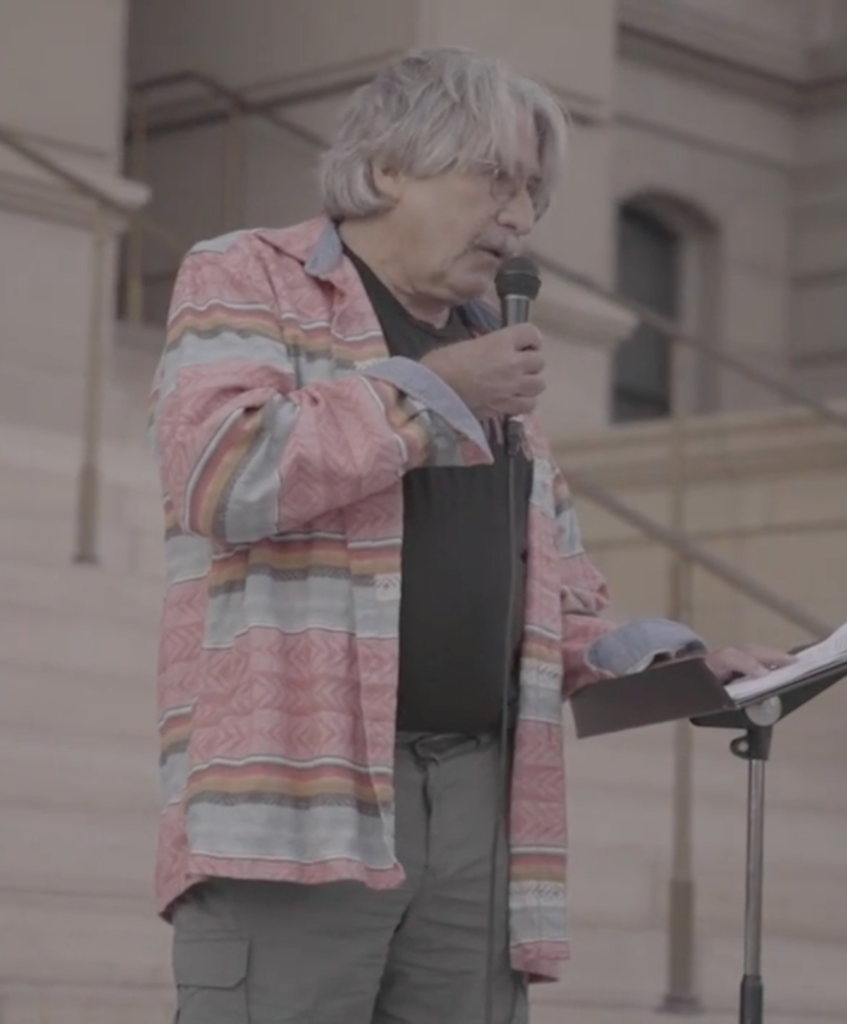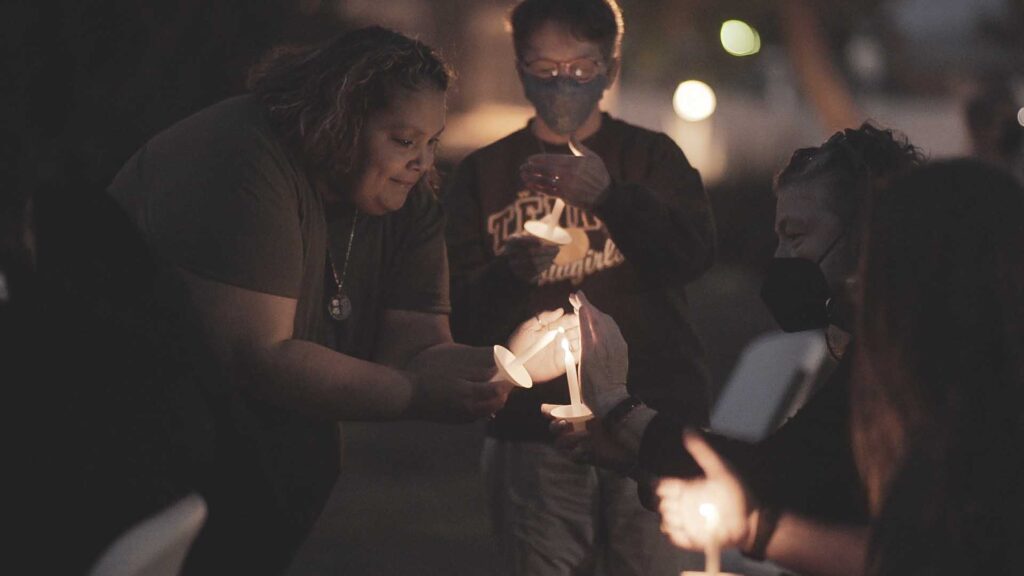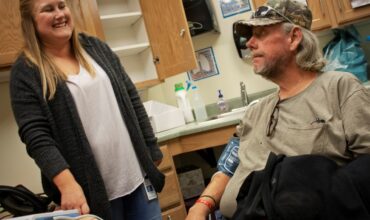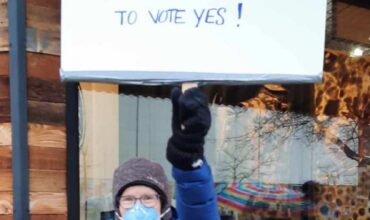A new poll commissioned by the American Cancer Society shows that two-thirds of Wyoming residents want the Legislature to expand the state’s Medicaid program to cover low-income adults who can’t obtain health insurance.
The American Cancer Society—and its local affiliate, the Wyoming Cancer Action Network—have a simple motivation for supporting Medicaid expansion: It is one of the most effective policy tools available to fight cancer.
“Obviously there are great hospitals and medical professionals in Wyoming, but you need to have access to healthcare,” R.J. Ours, WCAN government relations director, said. “If someone with cancer has no insurance coverage, they’re less likely to receive the treatment they need. And if someone at risk of cancer can’t access regular screenings, they’re less likely to receive an early diagnosis that could increase their chances to survive.”
Cancer is not the only serious illness whose early detection and treatment can save lives. The American Heart Association, American Lung Association, and AARP also support expanding Wyoming Medicaid and helped commission the poll.
The national Leukemia and Lymphoma Society and American Diabetes Association support efforts to expand Medicaid in Wyoming, as well.
Death and debt
Cancer survivors—and folks who didn’t survive cancer—featured prominently at a series of statewide vigils hosted by Healthy Wyoming earlier this fall.
Participants told stories of loved ones who had died because they could not afford screenings and their cancer was detected too late. Others told stories of surviving cancer only to be crushed with medical debt because they lacked insurance.

Nate Breen, a retired Cheyenne teacher, said his daughter Meghan didn’t have her ovarian cancer diagnosed until it had metastasized throughout her entire body.
Meghan suffered abdominal pains for years, Breen said at the vigil, but was turned away from an OB-GYN clinic because she lacked insurance. When she finally received an ultrasound in 2017, the doctor expressed his frustration.
“He said, ‘There’s nothing I can do for you. Why didn’t you come in sooner?’” Breen recalled.
Meghan died soon after, at age 43.
Another speaker, at a vigil in Laramie, was slightly luckier than Breen’s daughter. Myra Garcia’s cancer was also discovered at a late stage, but she was able to receive enough treatment for it to go into remission.
That treatment, however, cost hundreds of thousands of dollars, Garcia said. Because she lacks insurance, it’s a debt that will likely burden her family for the rest of her life.
“My surgery alone was $285,000. They wanted me to stay in the hospital for 13 days, but I left after 10,” Garcia recalled. “I was going thousands of dollars in the hole. I said, ‘I can’t keep doing this.’ I was worried about leaving my family in debt.”

Garcia has had chemotherapy and more than 35 rounds of radiation. “I just hope expansion gets approved, so everybody gets the coverage that they need,” she said.
Medicaid fights cancer
Ours, with the Wyoming Cancer Action Network, said an estimated 3,000 Wyomingites will be diagnosed with cancer in 2021. These folks need access to affordable, comprehensive care to detect, treat, and survive the disease.
A new study by the American Cancer Society found that low-income people in states that have expanded Medicaid more often survive cancer. That’s because cancer patients in states with Medicaid expansion more often receive early diagnoses, when treatment can be more effective.
“These poll results show people’s very real concerns about cost of care and access to it for themselves and their families.”
More than a decade after Medicaid expansion became available, there is no longer a question of its effectiveness in helping to lower cancer rates.
Ours said he’s impressed and heartened by the Cancer Action Network’s poll results, and by the Medicaid expansion’s chances of passing during the upcoming 2022 Legislative session.
“The poll showed great depth of support, no matter what region you look at in the state,” he said. “And across the board with voters: 58 percent of Republicans, 98 percent of Democrats and 64 percent of independents. That’s huge.”
Wyoming is one of only 12 states that haven’t expanded Medicaid. Montana, Nebraska, Utah, and Idaho already benefit from extended health coverage to low-income residents, including cancer treatments. Our lone neighbor without Medicaid expansion, South Dakota, will see the issue on the ballot next election.
“It’s time for Wyoming to join them,” Ours says. “These poll results show people’s very real concerns about cost of care and access to it for themselves and their families. They’re picturing loved ones who may be struggling to see doctors, pay for medications and get the care they need.”




